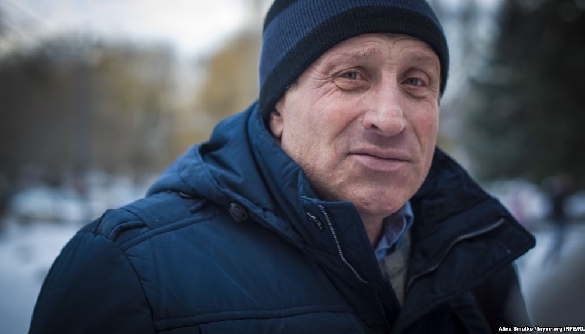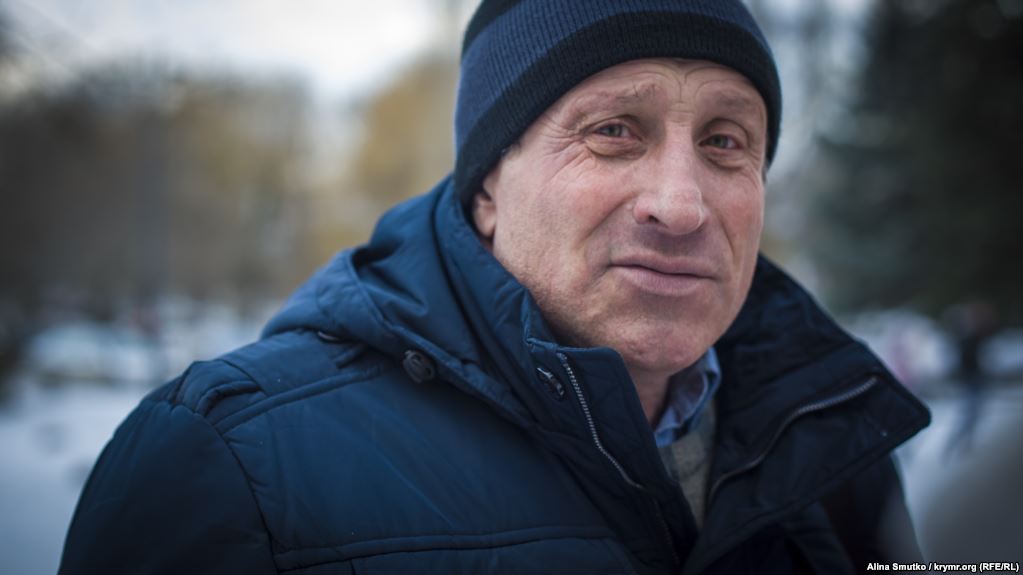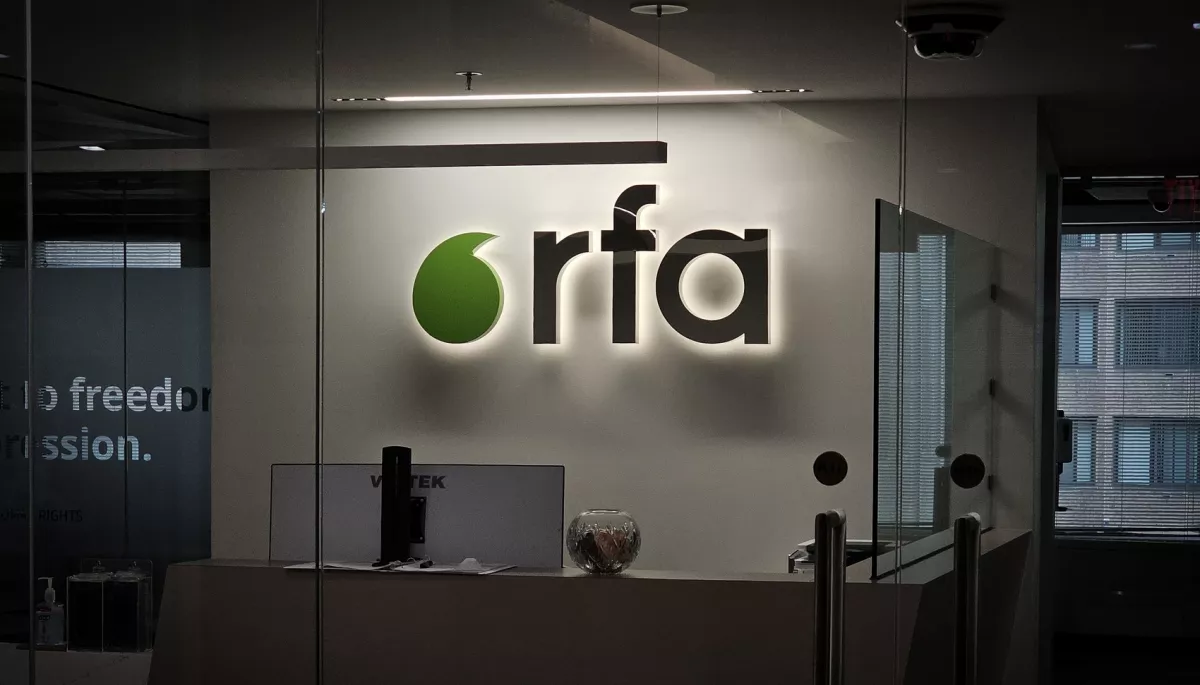
Repressions by Russian authorities against journalists in Crimea require a strong and clear reaction by the international community


On 17 February, a trial of a Crimean journalist Mykola Semena begins. He has been put on trial for daring to publicly express his opinion that is against the Kremlin’s policy. His publications on Radio Liberty about the situation in Crimea have provoked anger of the Russian authorities. He was accused of public incitement to violation of Russia’s territorial integrity through the media and is facing up to 5 years in jail.
In the very first days after Russian military officers without any insignia occupied government buildings in Crimea in February-March 2014, immediate steps were taken by the Russian authorities to repress the freedom of speech on the peninsula. Ukrainian television channels were substituted in cable networks by the Russian ones, and opportunities for gathering information were limited to all but Russian journalists. After Russian control was fully installed on the peninsula, the Russian authorities ordered blocking of Ukrainian media on the internet and closed the Crimean-Tatar TV channel ATR.
However, persecution of independent journalists is the most acute problem with freedom of expression in Crimea. Much of the persecution is based on the Russian Federation Criminal Code Article 280.1 that was deliberately amended after the annexation of Crimea. These amendments have increased liability for public calls to violation of territorial integrity of Russia through the media. Criminal cases against four other journalists in Crimea have been opened on the basis of these amendments. These journalists, like Mykola Semena, are facing a sentence of five years in prison. These charges directly contradict international human rights norms on freedom of expression and are clearly politically motivated.
The desire of the Russian authorities to silence critically-minded journalists is a part of their larger attempt to block truthful information about the situation on the peninsula: reprisals target not only journalists but also civic activists and all those who speak up against the illegal annexation of Crimea.
The Civic Solidarity Platform is outraged by the harsh actions undertaken by the Russian government against those who express peaceful dissent regarding its policies in Crimea. CSP member organizations express their support to and solidarity with Mykola Semena and call on inter-governmental organisations and the international community to strongly and clearly speak up against the repressive actions of the Russian Federation in Crimea.
Signatures under the statement on Repressions by Russian authorities against journalists in Crimea:
- Human Rights Information Centre (Ukraine)
- Ukrainian Helsinki Human Rights Union
- Analytical Center for Interethnic Cooperation and Consultations (Georgia)
- Human Rights Movement "Bir Duino-Kyrgyzstan"
- Center for Civil Liberties (Ukraine)
- Human Rights Monitoring Institute (Lithuania)
- Association UMDPL (Ukraine)
- Helsinki Committee of Armenia
- Centre for the Development of Democracy and Human Rights (Russia)
- Promo LEX (Moldova)
- Human Rights Center of Azerbaijan
- Kazakhstan International Bureau for Human Rights and Rule of Law
- People in Need (Czech Republic)
- Helsinki Citizens' Assembly-Vanadzor (Armenia)
- Institute Respublica (Ukraine)
- Public Association "Dignity" (Kazakhstan)
- Norwegian Helsinki Committee
- DRA - German-Russian Exchange (Germany)
- International Partnership for Human Rights (Belgium)
- Macedonian Helsinki Committee
- Barys Zvozskau Belarusian Human Rights House (Belarus/ Lithuania)
- Moscow Helsinki Group (Russia)
- Helsinki Association for Human Rights (Armenia)
- Netherlands Helsinki Committee
- Helsinki Foundation for Human Rights (Poland)
- Kosova Rehabilitation Center for Torture Victims (Kosovo)
- Bulgarian Helsinki Committee
- Legal Transformation Center (Belarus)
Photo: Alina Smutko.krymr.org ©RFE/RL











